Safety Rules You Should Teach Your Child
 |
| safety rules for kids at home |
Kids and parenting tips:
Are you constantly worried about the safety of your child? Do you think it's important to set some safety rules for your child both inside and outside the home?
If you are wondering how to do it, we have the solution for you. Keeping your kids safe at all times involves constant monitoring by an adult. It also means implementing some important changes and rules that ensure the well-being of your child. Read below to find out how you can teach safety rules for kids.
Best Safety Rules For Kids in Home
As a parent, you may still want to be around your kids. But that is not possible. You must let your child go out without you. There are places where your child will meet other people in your absence, for example at school. Your child may also need to be at daycare or at home with a nanny. It is also important to prepare your child for basic safety measures in an emergency.
what are some safety rules for kids
Know Your Name, Number, and Address:
 |
Know Your Name, Number And Address
|
Your child maybe small, but it is important to teach basic contact information, such as name and the phone number of you and your partner. Your child should be able to share your phone number with someone in an emergency. In addition, it is also important to know where the house is and any nearby landmarks. Help your child memorize them by practicing regularly at home. Also, help your child memorize an emergency number to call, such as a grandparent, uncle or aunt.
Do Not Eat Anything Given by a Stranger:
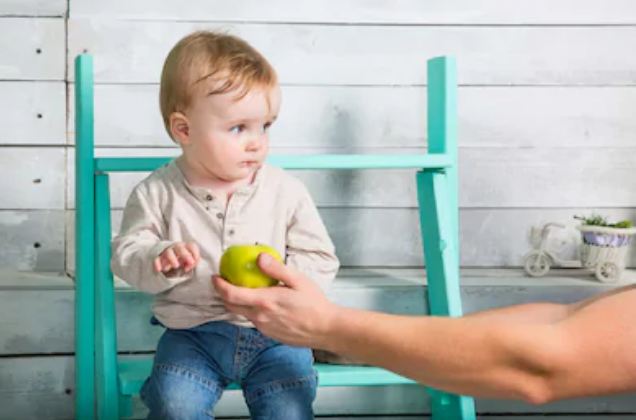 |
Do Not Eat Anything Given By A Stranger
|
You must explain to your child the dangers of eating food given by a stranger. No matter the temptation of the treat, if it comes from a stranger, your child should not eat it. Teach your child that it is dangerous to accept someone's food. Ask them to politely refuse if someone offers them food without your consent or in your absence.
Do Not Leave Your Children Alone in the Water:
 |
Do Not Leave Your Kids Alone In The Water
|
Kids love to swim in the water, whether it's a bathtub or a pool. Although this is a fun time, accidents such as drowning can happen in pools or lakes. Make sure the water level does not exceed your child's height when placing it in a bathtub or sink. Never leave your children unattended, even for a second when the phone rings or the doorbell rings. Give your children strict instructions so they do not grow while enjoying a dip in the pool.
Small Items Should be Kept Away From Children:
 |
Small Sized Items must be kept away from Kids
|
Children can usually, choke if they play with small toys or food items such as whole almonds. Be sure to divide the food into small portions to avoid choking. Be careful when giving grapes, candies, carrots, nuts, popcorn, and some other playing objects to your child as they can also cause choking. Be sure to keep buttons, coins, earrings, pins, or marbles out of the reach of your children, as they can also be a choking hazard.
Do not Play or Run Near the Street:
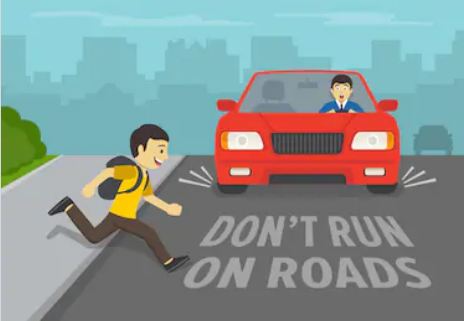 |
kids safety rules at road
|
We are all in favor of children playing outside in the fresh air, but they should do it safely. Children should avoid playing near busy roads and should never run in the streets. This is another important rule of road safety for children. You never know when a car arrives at full speed, and if they are busy playing, they will not pay attention to the vehicle that arrives.
Lock the Car Door During a Trip:
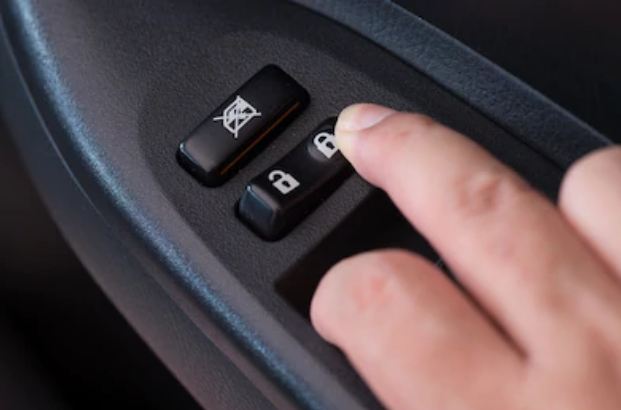 |
Lock the car door during a journey
|
Children may be curious and play in a car, especially if they are bored on a long trip. You do not want them to open the door by accident and collapse! It only takes a second and can mean a safe car ride. Teach your children to lock the door and not play with the locks when the car is driving.
Do Not Climb the Fence:
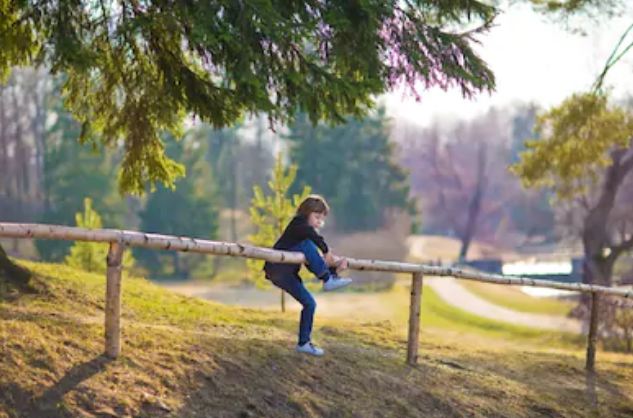 |
Do Not Climb The Fence
|
Your child maybe playing the ball and suddenly he bounces into space inside a fence. Teach your child to never try to recover something by climbing a fence. If this happens, your kids should seek help from an adult but never approach a fence.
Cover All Electrical Outlets and Wires at Home:
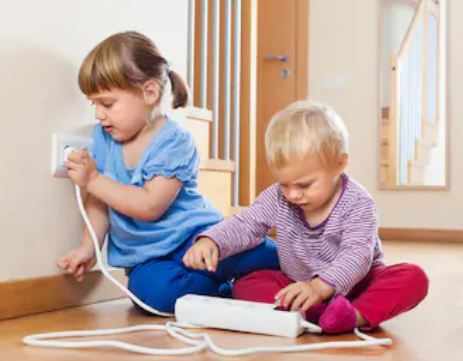 |
electrical safety rules for kids
|
Protect your home from all types of electrical shocks by protecting electrical outlets that you may not be using at the moment with plastic covers. Throw out the electric gadgets or repair the damaged electrical cords. Insulate the wires or fix them using a box to cover them. Teach your kids the dangers of electric shocks and tell them they should not touch any with wet hands.
At Home, Be Careful in the Kitchen:
 |
kids safety rules in the kitchen
|
Kitchens are full of knives, electric utensils, open flames, and hot pans - so the kitchen is a potential source of household accidents. If you are cooking, you may not be aware of what your children are doing. To avoid this, teach your children to never play in the kitchen and to consider cooking as a place to be careful. Make sure knives are out of reach of the kitchen and securely fastened when not in use. Turn all cooking utensils and handles so they do not come out of the stove and cannot be knocked over. And disconnect all electrical devices when not in use.
Do not Walk Alone in the Yard:
 |
Do Not Walk Off The Yard Alone
|
Similar to the point above, your child should know that it is not allowed to go out alone from his yard. If your child needs to go out for anything, you or a well-known an adult should accompany him/her at all times.
Do Not Allow to Play With Fire:
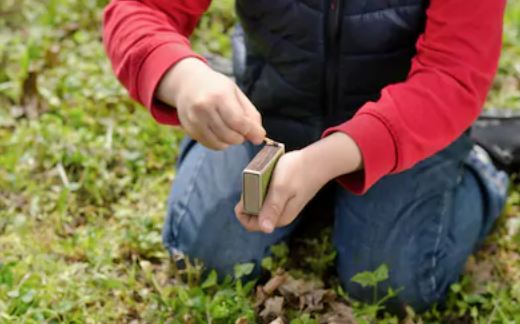 |
don't let them play with fire
|
Whether you are at home or not, your child should know that it is absolutely forbidden to play with fire. Only if you are around and have given your permission can your child be near the fire. Make sure all fire exits are out of reach of children.
Never Go Anywhere With a Stranger:
 |
don't go with a stranger
|
Your child should know that, whatever the reasoning, it is not safe to go anywhere with a stranger. Tell your child that if a stranger tells them something like, "Your mother asked me to come with me immediately," they should stay where they are and ask for help. Make sure that in an emergency, you will always send a family member, such as a grandparent or aunt, with your child and not with a stranger.
Keep All Chemical Products and Detergents Out of Your Children:
 |
keep chemical products away from your kid
|
All cleaning products contain chemicals that make it highly toxic if ingested. You can make your home child-proof by getting on all fours to make sure there are no cleaning products in and around the rooms your children can reach. Install doors on all your cabinets and close them after each use. Never store these detergents in food containers or near kitchen shelves, as your children may confuse these foods with food.
No one is Allowed to Touch Your Child's Body:
 |
No One Is Allowed To Touch Your Kid’s Body
|
This is a very important safety rule for children and you should teach it as soon as your child understands the basics. Teach on good touch and bad touch. Tell your child that no one is allowed to touch him, except Mom and sometimes Dad, if necessary. If someone else has touched your child, he or she should immediately call for help and alert people.
If You Get Lost, Stay Where You Are:
 |
If You Get Lost, Stay Where You Are
|
If your child is getting lost, tell them it is important that they stay where they are. If they see another mother with children nearby, they can ask her for help. Your child should stay indoors and not go out even with the other mother. Supermarkets are the most places where children get lost. Tell your child that he can go to the store counter and tell the person that he is lost.
Do Not Share the Address and Details of the Phone With Stranger (Except in Case of Emergency):
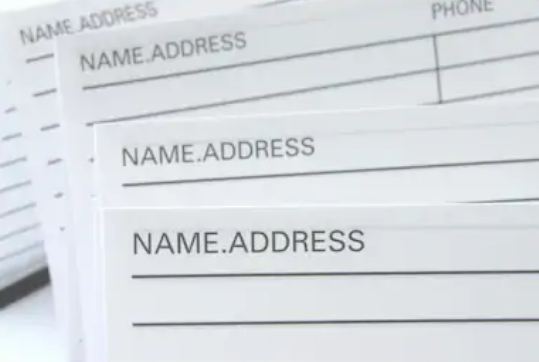 |
safety rules for kids Do Not Share Details With strangers
|
Your child should know that it is dangerous to share personal information such as phone numbers, addresses, email identifiers or images with strangers. Any shared information should only be with your consent or in your presence.
Safety When Playing With a Pet:
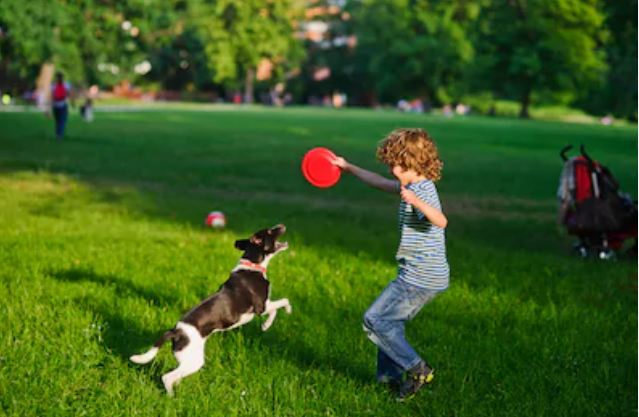 |
safety rules for kids while Playing with a Pet
|
Pets are very affectionate, but some of your children's actions, such as pulling the tail or ear can make them shit. Teach your children to be gentle with the animals and to refrain from playing difficult games with this one. Tell them not to go near the dog when eating, or try to remove a treat from him or pull it out of his mouth. Warn your child to stay away from the animal, who grunts or shows his teeth, as this may hurt him.
If I'm Uncomfortable, I Will Not Do It:
No matter what your child may be asked to do, if it makes him feel uncomfortable, your child should NOT do it. It could be something as simple as undressing in front of other people and diving into a residential pool. If your child is uncomfortable, no matter how many friends, your child should not do it at all.
It is important to inform your child of these basic safety rules as soon as he is able to understand. There are some things you can start teaching your child as early as age three. Make sure to talk to your child in a language appropriate to your age. Also, always keep communication open.









